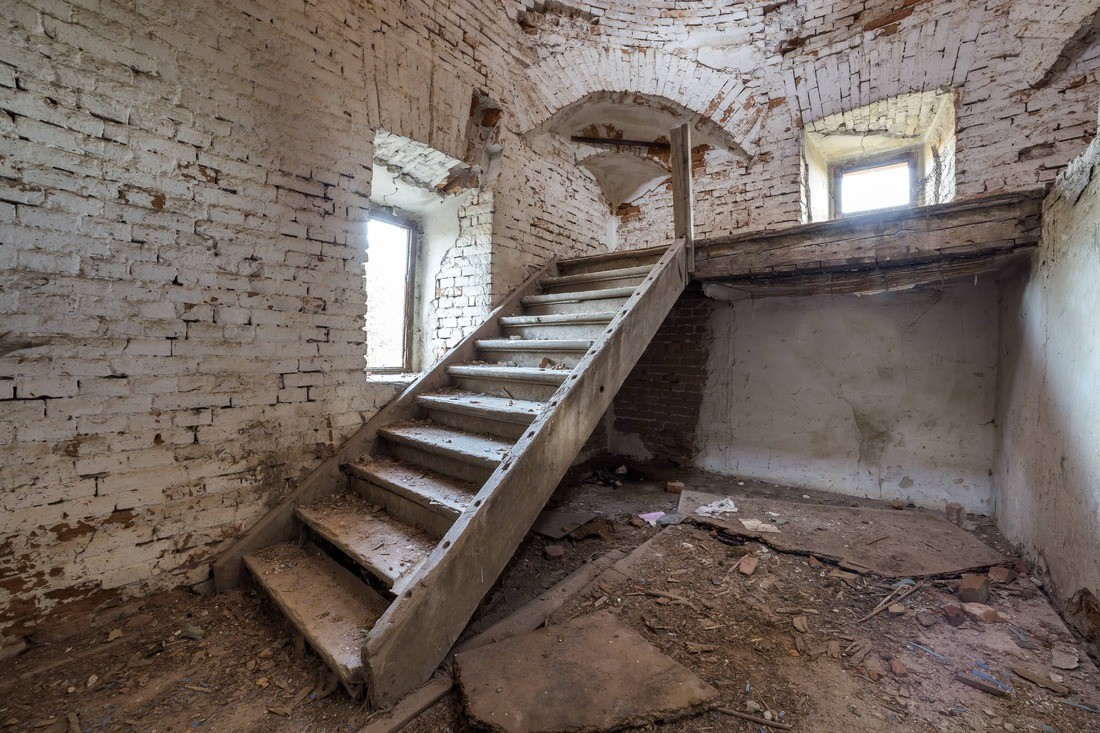
Introduction
Basement flooding during heavy rainfall is a common problem that many homeowners face. It can lead to significant water damage, mold growth, and structural issues. Therefore, it is essential to take preventive measures to protect your basement and your property from flooding.
Causes of Basement Flooding

Understanding the causes of basement flooding can help you identify potential risks and take appropriate actions to prevent it. Some common causes include:
- Heavy rainfall and melting snow
- Poor drainage system
- Sump pump failure
- Cracks in the foundation walls or floor
- Improper grading around the house
- Plumbing issues
Preventing Basement Flooding
Here are some preventive measures you can take to prevent basement flooding:
1. Maintain Gutters and Downspouts

Ensure that your gutters and downspouts are clean and free from debris. Regularly inspect them and remove any leaves or other obstructions that can prevent proper water flow. Make sure that the downspouts extend at least 5 feet away from the foundation to redirect water away from your basement.
2. Install a Sump Pump
A sump pump is a device that helps remove water from the basement. It is typically installed in a pit or sump basin and activates automatically when water levels rise. Consider installing a sump pump if you live in an area prone to flooding or if your basement has a history of water issues.
3. Seal Cracks and Gaps
Inspect your basement walls and floor for any cracks or gaps that can allow water to seep in. Seal them using hydraulic cement or an epoxy-based sealant. Additionally, ensure that windows and doors are properly sealed to prevent water entry.
4. Grade the Landscape Away from the House
Properly grading the landscape around your house can help divert water away from the foundation. Ensure that the ground slopes away from the house, preventing water from pooling near the basement walls.
5. Install Window Well Covers
If you have basement windows that are below ground level, consider installing window well covers. These covers can help prevent water from entering through the windows during heavy rainfall.
What to Do If Your Basement Floods
Despite taking preventive measures, basement flooding can still occur. If your basement floods, here are some steps you should take:
1. Ensure Safety
Prioritize your safety and turn off the electricity to the affected area. Do not enter the flooded area if the water level reaches electrical outlets or appliances.
2. Remove Water
Use a wet-dry vacuum or a pump to remove the water from the basement. If the flooding is extensive, you may need to contact a professional water restoration company for assistance.
3. Dry and Clean
Thoroughly dry and clean the affected area to prevent mold growth. Use fans, dehumidifiers, and open windows to facilitate the drying process. Consider removing and replacing any damaged materials that cannot be properly cleaned.
4. Assess and Repair
Assess the extent of the damage and make necessary repairs. This may include fixing plumbing issues, sealing cracks, or replacing damaged flooring or walls.
Frequently Asked Questions (FAQs)
How can I prevent basement flooding during heavy rainfall?
What should I do if my basement floods?
Conclusion
Preventing basement flooding during heavy rainfall is crucial for protecting your property from water damage. By implementing the preventive measures discussed and knowing how to respond in case of a flood, you can minimize the risk of basement flooding and its associated issues.
If you need professional assistance with basement water damage restoration, contact Service Water Restoration Pros at 949-209-1582 or visit Service Water Restoration Pros.


